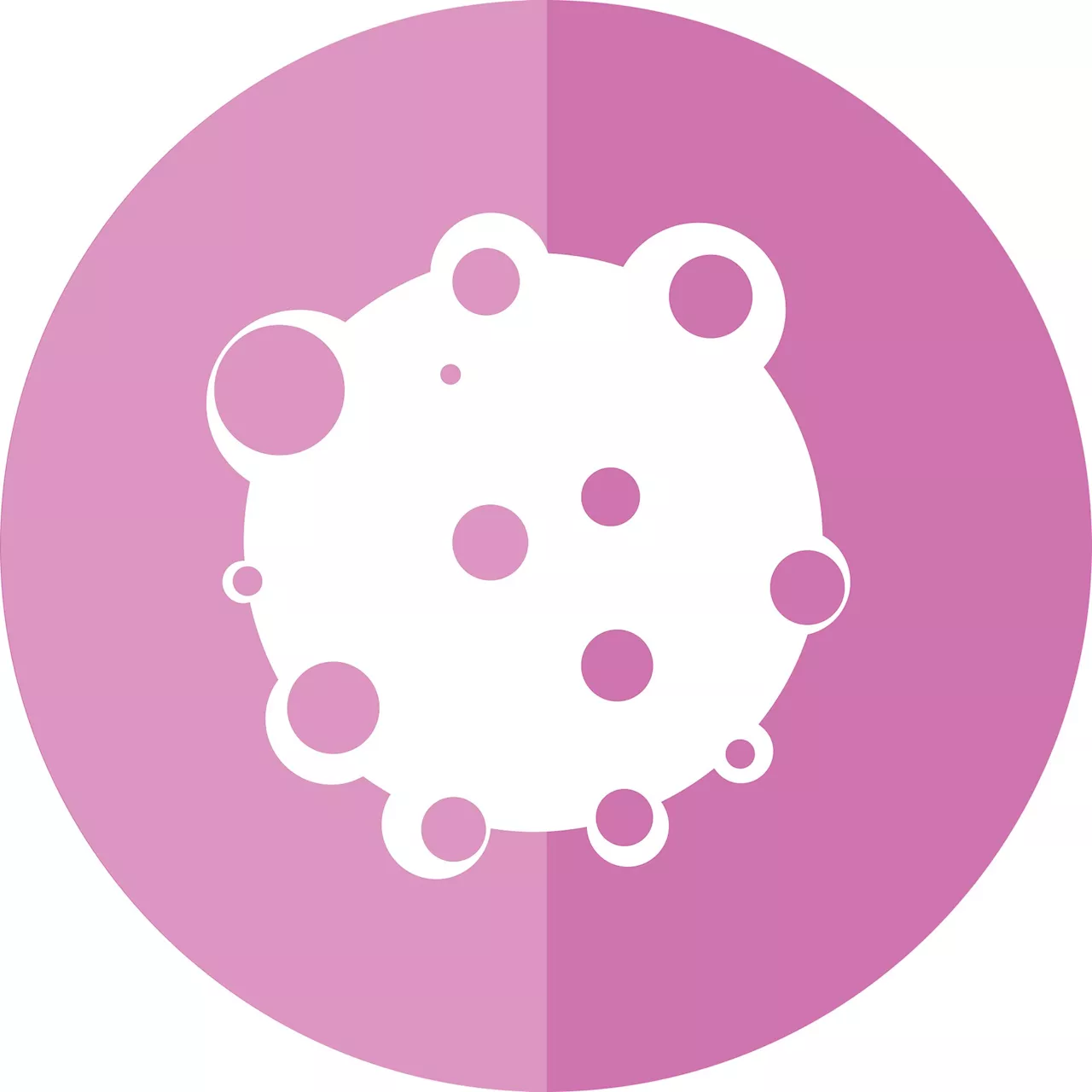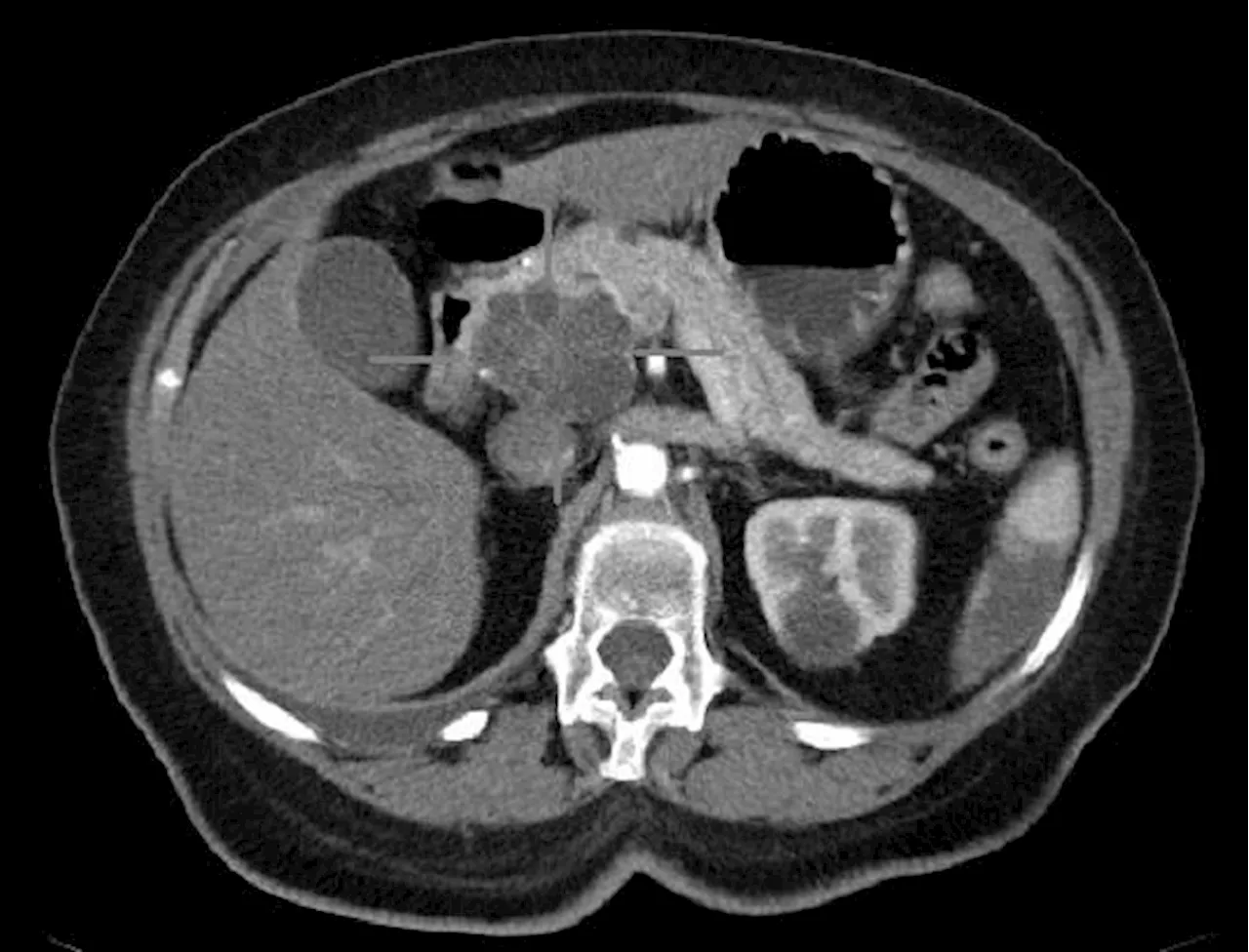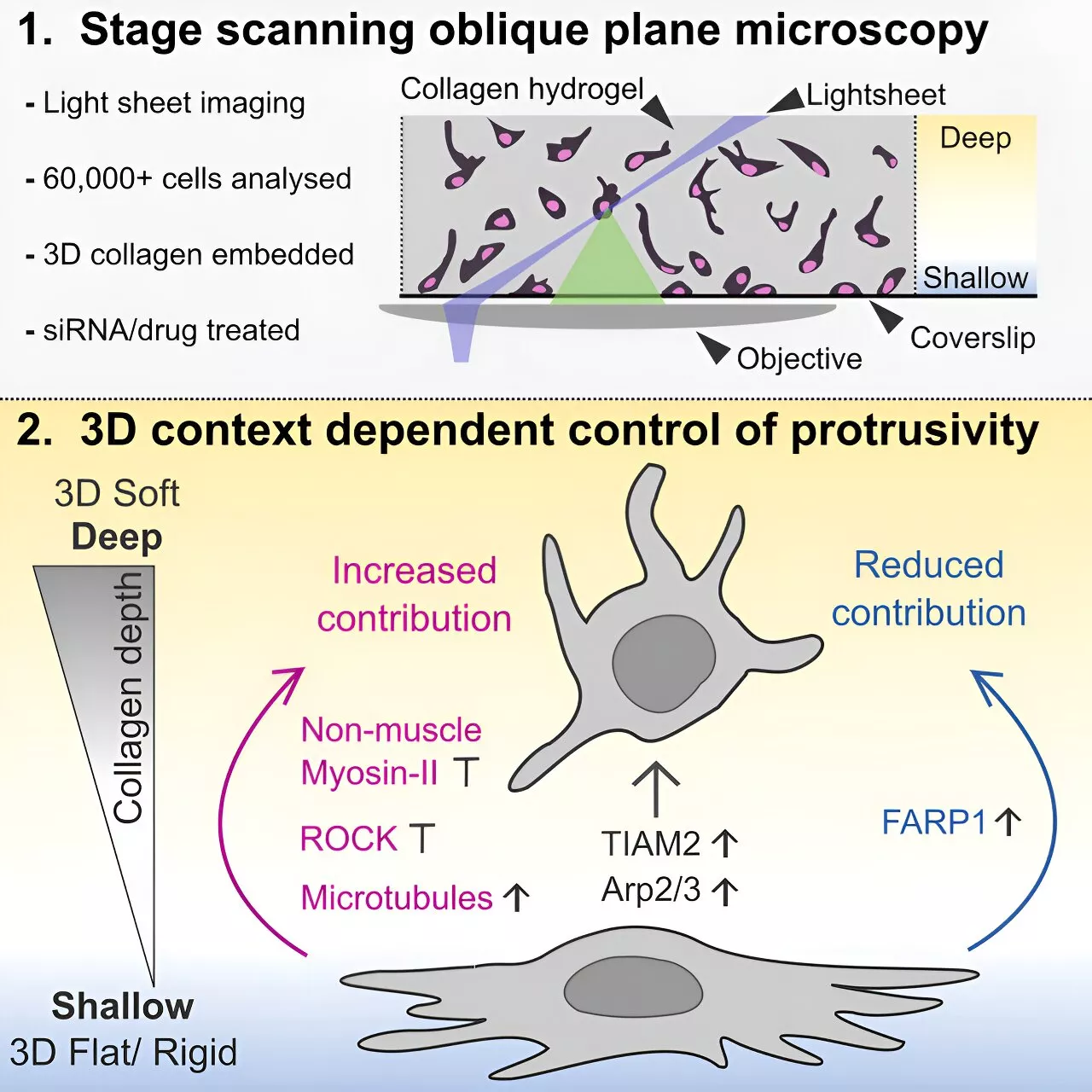Cancer immunotherapy, which leverages the body's immune system to target tumors, has emerged as a pivotal strategy in oncology. This paradigm shift from conventional treatments offers a more precise method to neutralize cancer cells.
Unlocking the immune system: cGAS-STING pathway offers new hope for cancer treatment retrieved 30 April 2024 from https://medicalxpress.com/news/2024-04-immune-cgas-pathway-cancer-treatment.html
This document is subject to copyright. Apart from any fair dealing for the purpose of private study or research, no part may be reproduced without the written permission. The content is provided for information purposes only.2 hours ago Use this form if you have come across a typo, inaccuracy or would like to send an edit request for the content on this page. For general inquiries, please use ourThank you for taking time to provide your feedback to the editors.
Your feedback is important to us. However, we do not guarantee individual replies due to the high volume of messages.to let the recipient know who sent the email. Neither your address nor the recipient's address will be used for any other purpose. The information you enter will appear in your e-mail message and is not retained by Medical Xpress in any form.Get weekly and/or daily updates delivered to your inbox.
Medicine Research Health Research News Health Research Health Science Medicine Science
Ireland Latest News, Ireland Headlines
Similar News:You can also read news stories similar to this one that we have collected from other news sources.
 Unlocking the body's hidden weapon against cancer: The role of broken chromosomesScientists have unraveled the mechanisms of the cyclic guanosine monophosphate-adenosine monophosphate synthase-stimulator of interferon genes (cGAS-STING) signaling pathway activated by micronuclei, as well as its significant effects on tumor immunity.
Unlocking the body's hidden weapon against cancer: The role of broken chromosomesScientists have unraveled the mechanisms of the cyclic guanosine monophosphate-adenosine monophosphate synthase-stimulator of interferon genes (cGAS-STING) signaling pathway activated by micronuclei, as well as its significant effects on tumor immunity.
Read more »
 Cervical cancer vaccine roll-out shows efficacy in reducing cervical cancer and other HPV-related diseaseWith the creation of safe and efficacious vaccines to target human papillomavirus in the first decade of this century, WHO has an ambitious target to lower cervical cancer incidence (mostly caused by HPV) and mortality by 30% by 2030, meaning each country has a target of vaccinating 90% of girls by age 15, 70% of women receiving a high precision...
Cervical cancer vaccine roll-out shows efficacy in reducing cervical cancer and other HPV-related diseaseWith the creation of safe and efficacious vaccines to target human papillomavirus in the first decade of this century, WHO has an ambitious target to lower cervical cancer incidence (mostly caused by HPV) and mortality by 30% by 2030, meaning each country has a target of vaccinating 90% of girls by age 15, 70% of women receiving a high precision...
Read more »
 Clinical trial data show investigational cancer vaccine may elicit lasting immune response in pancreatic cancerNew data presented by Memorial Sloan Kettering Cancer Center (MSK) researchers show an experimental approach to treating pancreatic cancer with the messenger RNA (mRNA)-based therapeutic cancer vaccine candidate, autogene cevumeran, continues to show potential to stimulate an immune response that may reduce the risk of the disease returning after...
Clinical trial data show investigational cancer vaccine may elicit lasting immune response in pancreatic cancerNew data presented by Memorial Sloan Kettering Cancer Center (MSK) researchers show an experimental approach to treating pancreatic cancer with the messenger RNA (mRNA)-based therapeutic cancer vaccine candidate, autogene cevumeran, continues to show potential to stimulate an immune response that may reduce the risk of the disease returning after...
Read more »
 Shape-shifting cancer cell discovery reveals potential skin cancer drug targetsCancer cells can change shape to travel around the body and spread (metastasize), but how they know when to do this has remained elusive.
Shape-shifting cancer cell discovery reveals potential skin cancer drug targetsCancer cells can change shape to travel around the body and spread (metastasize), but how they know when to do this has remained elusive.
Read more »
 New Lancet Commission on Breast Cancer: Transforming breast cancer care globallyThe new Lancet Commission on Breast Cancer today released findings and recommendations on improving breast cancer care globally.
New Lancet Commission on Breast Cancer: Transforming breast cancer care globallyThe new Lancet Commission on Breast Cancer today released findings and recommendations on improving breast cancer care globally.
Read more »
 Risk for second primary breast cancer low in certain young breast cancer patientsYoung breast cancer (BC) survivors (40 years or younger) without a pathogenic variant (PV) have a low risk for developing second primary BC (SPBC), according to a study published online April 11 in JAMA Oncology.
Risk for second primary breast cancer low in certain young breast cancer patientsYoung breast cancer (BC) survivors (40 years or younger) without a pathogenic variant (PV) have a low risk for developing second primary BC (SPBC), according to a study published online April 11 in JAMA Oncology.
Read more »
